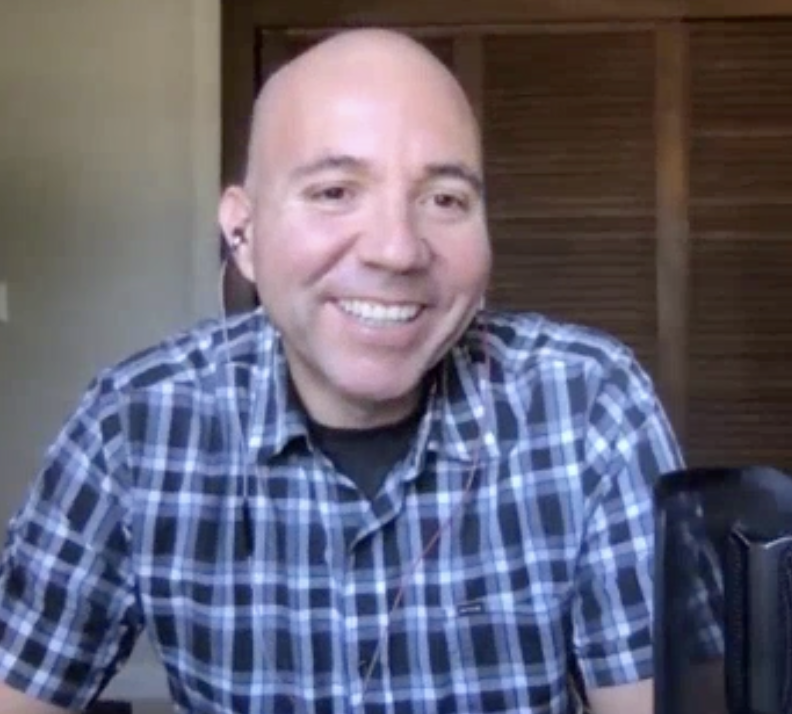 How we understand our Bible can depend on our cultural viewpoints, church traditions, theological background, and personal experiences.
How we understand our Bible can depend on our cultural viewpoints, church traditions, theological background, and personal experiences.
Our view of Scripture can also be largely shaped by any sort of trauma we’ve experienced (and this includes trauma inflicted on us by spiritual leaders and/or churches).
In today’s podcast, we’re honored to learn from Dr. Thema Bryant-Davis about how trauma impacts us, ways to overcome the silent stigma of mental health at church, ways to see gender oppression in our denominations, how to better read and understand traumatic stories in Bible (especially when the offender is seen as the Biblical hero), and ways that we can better love and care for trauma survivors in our life.
Dr. Thema also provides key insights into ways to read several traumatic Bible stories; including: The Story Hagar, The Trauma & Silencing of Tamar, and seeing Bathsheba as victim (instead of David’s seductress).
These disturbing and traumatic stories in Scripture are tough (and not easy for any of us to read). Dr. Thema Bryant-Davis shares powerful insights on the types of questions we should be asking ourselves when we encounter trauma in the Bible. Her empathetic and healing approach to read these tough passages in our Bibles will forever change the way you read and discuss these stories with others.
Dr. Thema Bryant-Davis is a licensed psychologist, ordained minister, and sacred artist who has worked nationally and globally to provide relief and empowerment to marginalized persons. Dr. Thema, a professor at Pepperdine University, is a past president of the Society for the Psychology of Women. Her contributions to psychological research, policy, and practice have been honored by national and regional psychological associations. You can follow her on Twitter, Instagram and YouTube. You should also subscribe to the Homecoming Podcast, focused on providing you with weekly inspiration and health tips.
I pray this conversation encourages us to become more empathetic readers of our Bibles and help us to love and care for the trauma victims in our own lives.
Please be aware that this podcast episode includes conversations on assault and abuse in the Bible, which may be hurtful and/or upsetting.
You can subscribe or download this episode on iTunes, Spotify, Google Podcasts or Stitcher. You can also subscribe to the video series on YouTube.
Read More…
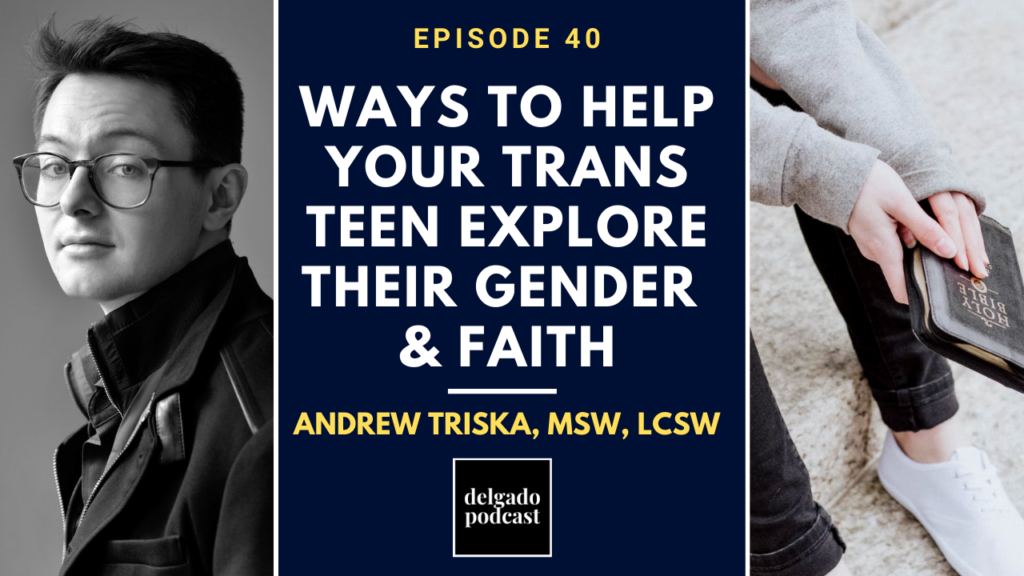

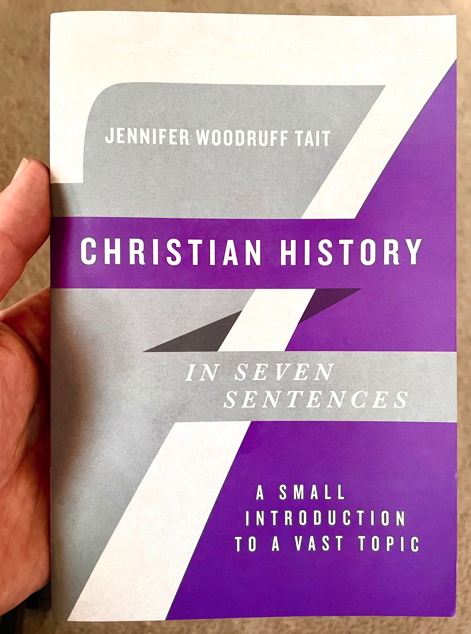
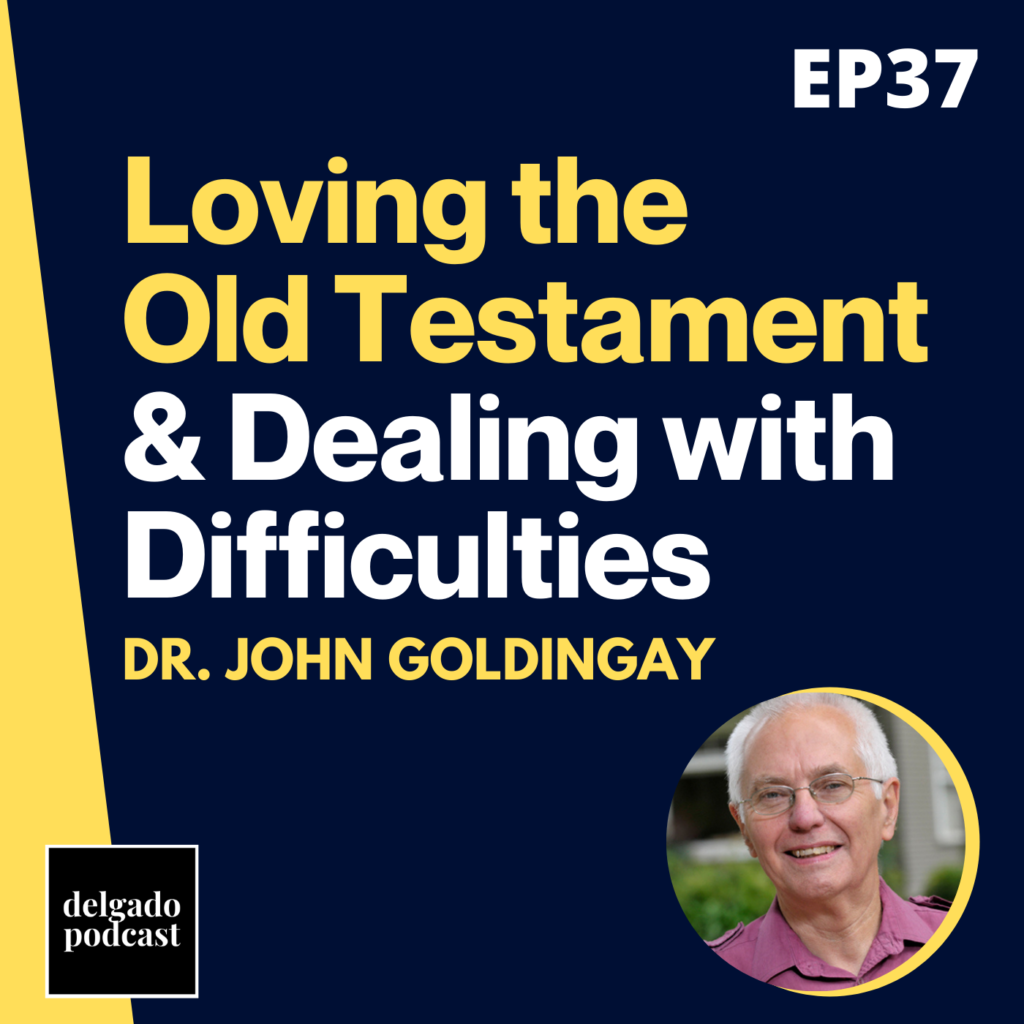
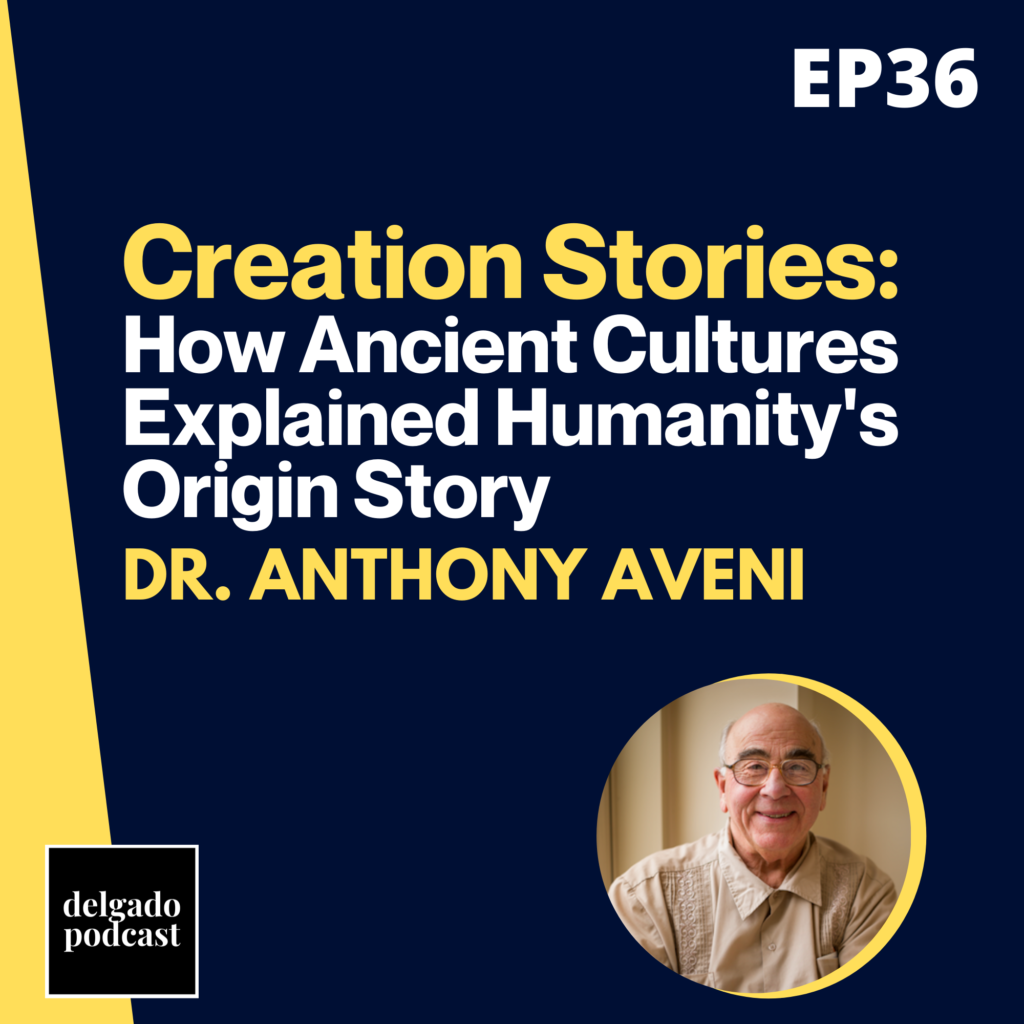


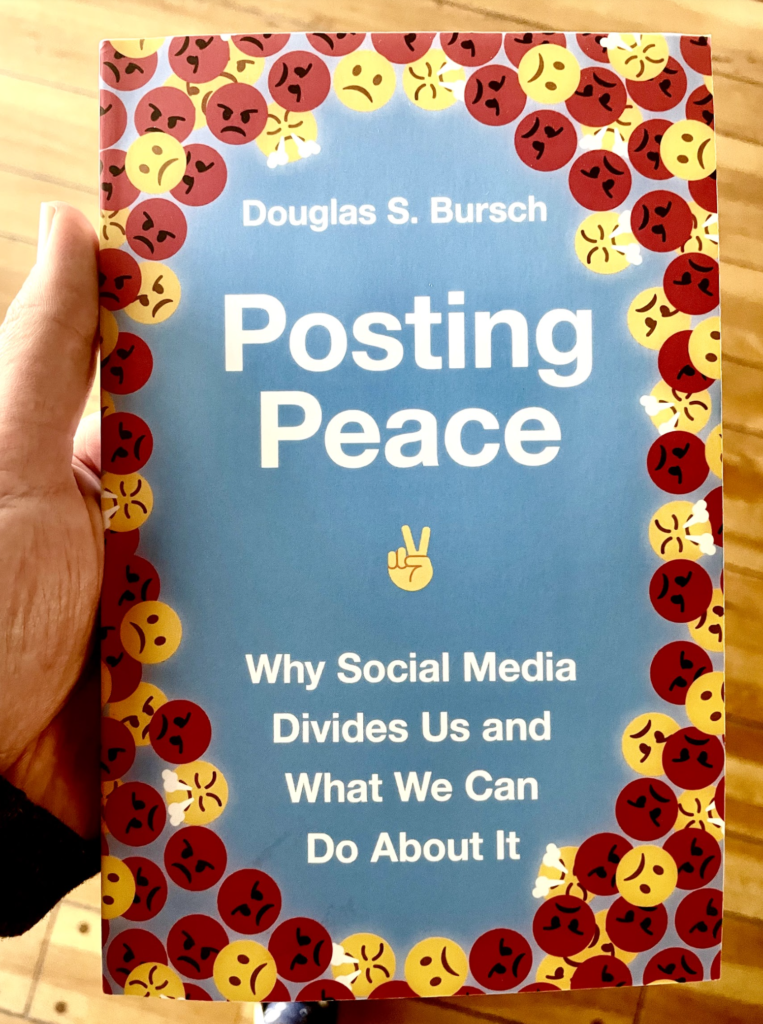

 How we understand our Bible can depend on our cultural viewpoints, church traditions, theological background, and personal experiences.
How we understand our Bible can depend on our cultural viewpoints, church traditions, theological background, and personal experiences.
